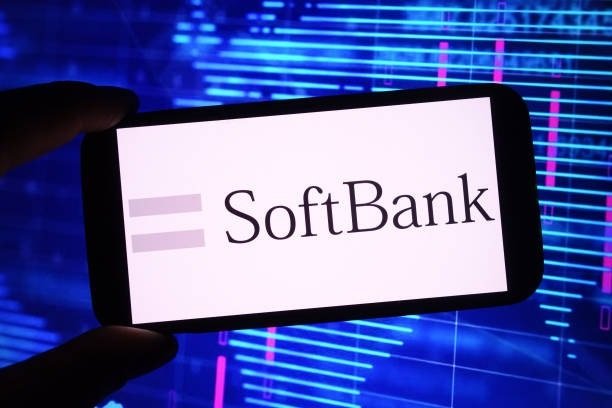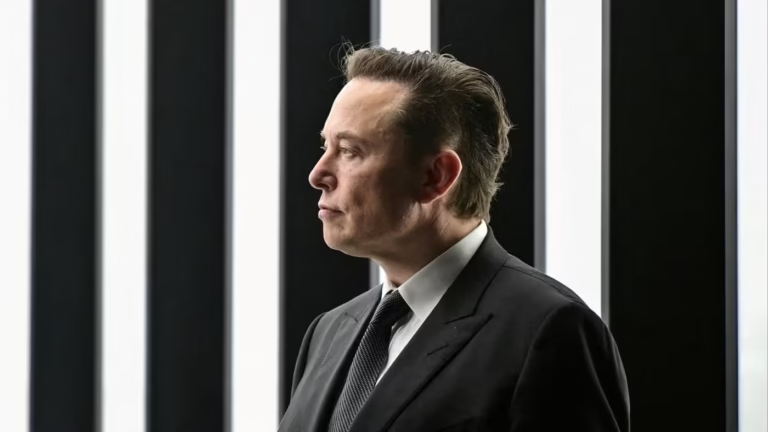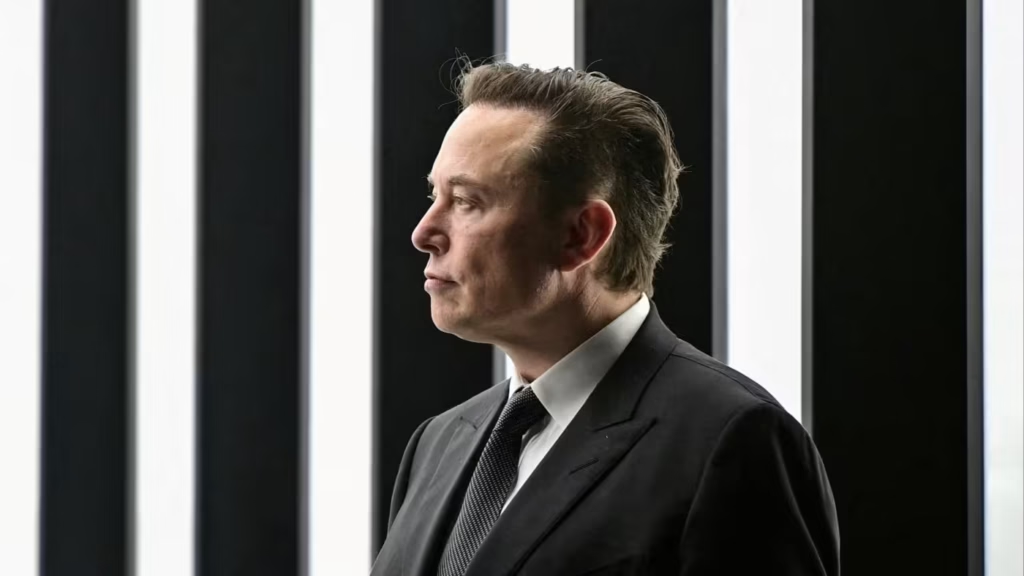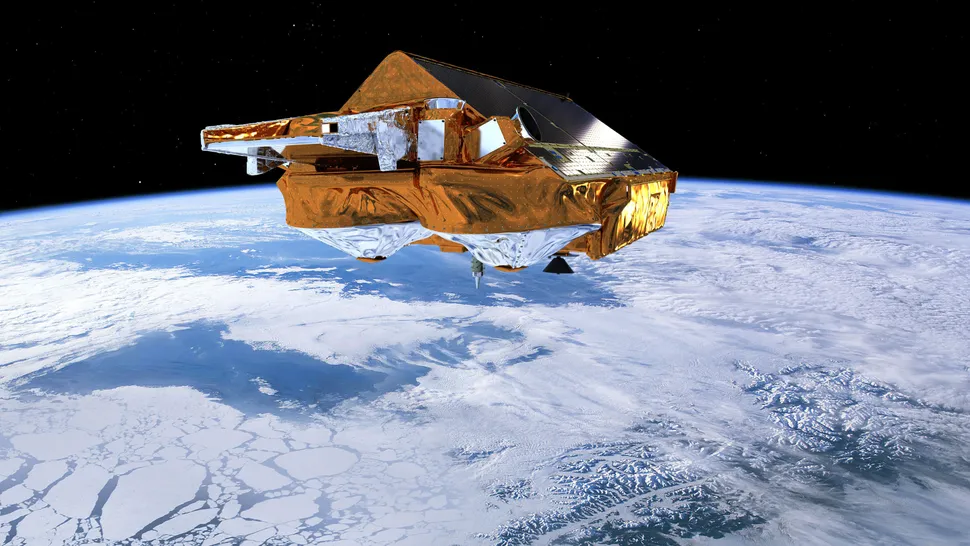The latest move by tech conglomerate SoftBank Group is a massive statement of intent. SoftBank is staking its future on the combination of artificial intelligence and hardware—a concept Masayoshi Son calls SoftBank Physical AI Strategy. On October 8, 2025, SoftBank announced it will acquire the industrial robotics division of Swiss engineering giant ABB for $5.4 billion. This mega-deal immediately positions SoftBank at the forefront of the technological race to bring smart, autonomous systems out of the data center and into the physical world. The acquisition of ABB Robotics confirms that the next major frontier in AI will not happen just on screens; it will happen on factory floors, in warehouses, and in the movement of goods globally.
SoftBank Physical AI Strategy: The Path to ASI
Masayoshi Son, SoftBank’s Chairman and CEO, defined the strategic rationale for the deal clearly. He stated, “SoftBank’s next frontier is Physical AI.” This vision goes beyond standard automation. Son aims to fuse Artificial Super Intelligence (ASI) with robotics, driving an evolution that will propel humanity forward. This acquisition is one of four essential areas where SoftBank currently invests to realize ASI: AI chips, AI data centers, AI robots, and energy.
The Physical AI concept involves equipping robots with advanced, generalist AI “brains.” This allows them to perform complex tasks without explicit, hard-coded programming for every step. ABB Robotics is a global leader in industrial robotics. They bring a 7,000-person workforce and deep industry expertise, including large, precise robotic arms used in manufacturing. This existing, world-class physical platform is precisely what SoftBank needs. It immediately provides the hardware and distribution channels necessary to deploy the AI software developed across the SoftBank ecosystem.
Why SoftBank Needs ABB’s Industrial Base
The $5.4 billion purchase immediately cancels ABB’s original plan to spin off and separately list its robotics business. This decision reflects the strong value proposition SoftBank offered. ABB Robotics generated $2.3 billion in revenue in 2024. Its value lies in its global sales network and its established, high-performance industrial technology.
SoftBank’s previous forays into robotics, such as the humanoid robot Pepper, primarily focused on consumer-facing applications. The acquisition of ABB, by contrast, targets the massive B2B industrial automation market. This strategic focus is designed for scale. Industrial robots require reliability and precision. ABB’s decades of engineering excellence provide the robust foundation upon which SoftBank can layer its advanced AI capabilities. SoftBank intends to reignite the robotics business’s growth by integrating cutting-edge technologies like those from its other AI investments, including Agile Robots and Skild AI.
Connecting AI Chips, Data Centers, and Physical AI
The ABB Robotics deal is not an isolated investment. It fits perfectly within SoftBank’s larger, highly aggressive vertical integration strategy in AI.
SoftBank holds a majority stake in Arm Holdings, the chip design giant. Arm is at the forefront of high-performance chips for everything from cloud servers to the network edges required for cars and robots. Furthermore, SoftBank is a key partner in the massive Stargate data center initiative with OpenAI and Oracle. This project aims to build the computational backbone necessary to train next-generation AI systems, which will require immense processing power.
- AI Chips (Arm): Provides the low-power, high-performance processors.
- AI Data Centers (Stargate): Provides the computational power to train the ASI models.
- AI Robots (ABB Robotics): Provides the hardware platform to execute the ASI commands in the real world.
Masayoshi Son believes the convergence of these three elements—compute power, intelligent models, and physical execution platforms—will lead directly to Artificial Super Intelligence. The ABB acquisition is the final, crucial component needed to close this loop. It moves the intelligence from the digital sphere to the manufacturing and logistics world.
A New Era of AI-Based Robotics
The transaction is expected to finalize in mid-to-late 2026, pending regulatory approvals globally. For SoftBank, this deal signifies a major, renewed push into robotics after a period of retrenchment following the dot-com bust and the difficulties of the Vision Fund. This time, the focus is clearer: building the foundational infrastructure for the coming age of ASI.
By combining ABB Robotics’ proven hardware with SoftBank’s cutting-edge AI software and computing resources, the merged entity aims to redefine industrial automation. They will create flexible, intelligent, and autonomous robots capable of learning and adapting, rather than merely repeating pre-programmed tasks. SoftBank is betting that the company that controls the interface between digital intelligence and physical work will dominate the next major phase of the Information Revolution. This acquisition is arguably the most critical step yet in realizing the SoftBank Physical AI Strategy.















